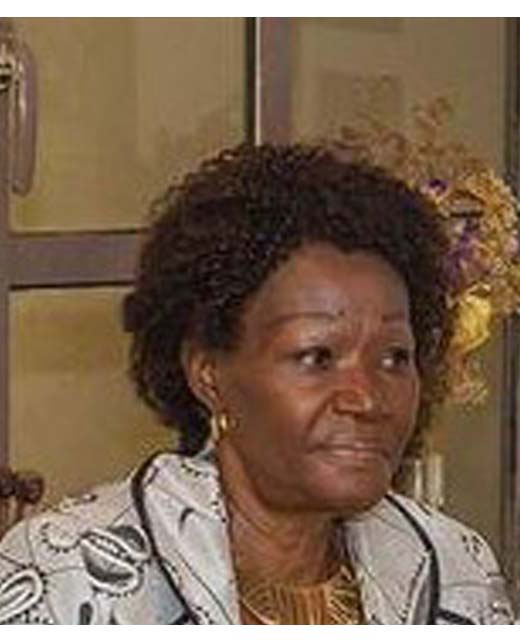
A renowned Nigerian parasitologist, Dr. Margaret Mafe has called for sweeping reforms to elevate research integrity and ethical standards within Nigeria’s health research landscape.
Speaking in Abuja at the national EXCEL-RITE conference, themed “Exploring Excellence in Ethical Conduct, Leadership for Research Integrity Through Empowerment,” Mafe stressed that Nigeria must prioritise a more responsible, community-driven, and transparent approach to scientific research, especially amid growing global health challenges.
Organised in partnership with the National Health Research Ethics Committee (NHREC) and the Institute of Human Virology Nigeria (IHVN), the conference aimed to promote a culture of ethical excellence across academia, government, and industry. Mafe said the ongoing COVID-19 pandemic and the emergence of other infectious diseases had exposed deep gaps in research preparedness and ethics in Nigeria, making reform both urgent and necessary.
She advocated for the inclusion of financial capacity-building in all research proposals, especially those funded by international organisations. Without such support, she said, many researchers lack the tools and resources needed to conduct thorough, responsible investigations that benefit both science and society. Mafe also identified a major gap in Nigerian universities, where emerging researchers often graduate with little or no formal training in research ethics. She called for research ethics to be mainstreamed into academic curricula to better prepare young scientists for the complex moral decisions they may face.
The parasitologist also stressed the importance of sound research design and the ethical selection of study participants. Researchers, she said, must be driven by a commitment to community welfare rather than mere data collection, and they must avoid exploiting vulnerable populations in the name of scientific discovery. “Research must be conducted with a clear understanding that the community’s well-being is paramount,” she said.
Mafe emphasised that proactive oversight, not reactive whistleblowing, should be the standard in ensuring ethical research. She warned that without proper monitoring, unethical practices could go undetected, undermining public trust and harming participants. She also highlighted the importance of truly informed consent, especially in studies involving sensitive health issues like COVID-19, stressing that participants must clearly understand the risks, their rights, and how their data will be used.
Mafe condemned the growing trend of researchers prioritising personal advancement over meaningful public health impact. She noted that some pursue research mainly for promotions or academic recognition, often publishing in unaccredited journals that accept subpar work for profit. Instead, she urged Nigerian researchers to aim for credible, peer-reviewed international journals to ensure higher visibility and impact for their work.
Calling for greater transparency, she said researchers must clearly define their data collection and usage methods, especially when dealing with sensitive data from at-risk populations. This, she argued, would foster a culture of accountability and trust, both within the scientific community and among the public.
Mafe concluded by saying that Nigeria must move toward a more collaborative and ethically grounded research environment. “We cannot address our pressing health challenges without first addressing the ethical foundation of our research practices,” she said. With improved ethical standards and integrity, Nigeria’s research output could achieve global relevance while truly serving the health needs of its people.
The three-day conference wrapped up with a shared call for institutions, researchers, and policymakers to move beyond isolated initiatives and embrace cross-sector partnerships that prioritise integrity, innovation, and measurable public health outcomes.

